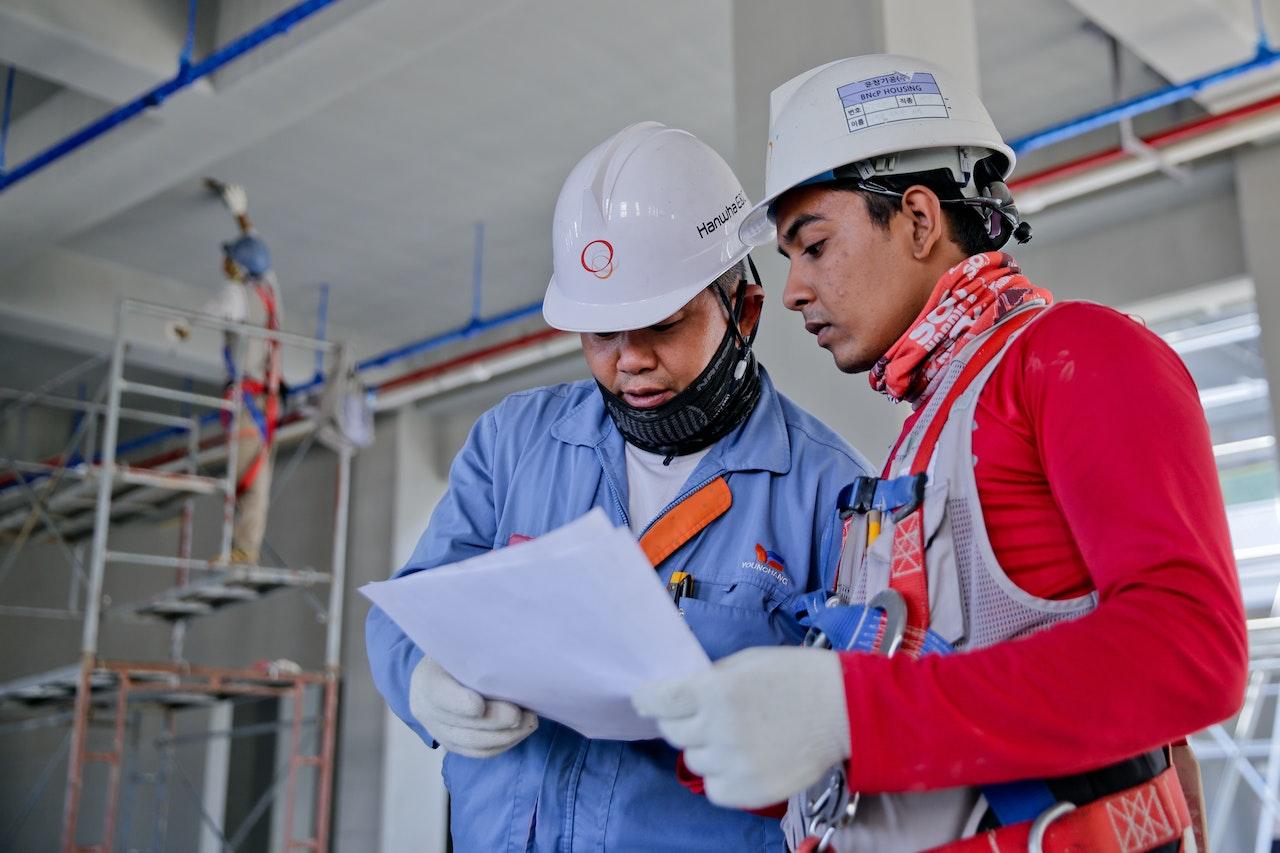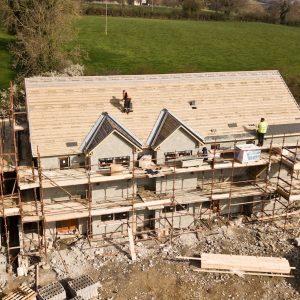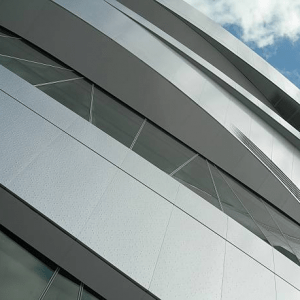Are you getting ready to start a new construction project? Before you dive into the intricate details of construction, let’s explore a crucial step that can significantly impact the success of your project.
It’s important to understand that this step can make a huge difference in how well your project turns out.
It’s called pre-construction planning. Although it may not sound as thrilling as seeing the finished building. Rather it’s the secret to a smooth construction journey and cost savings.
In this article, we’ll explore the fascinating world of pre-construction planning and uncover the amazing benefits it offers.
So, get ready to learn how pre-construction planning can turn your construction dreams into a reality that exceeds your expectations.
1. Enhanced Cost Control
One of the primary advantages of pre-construction planning is the opportunity to gain enhanced cost control. By thoroughly assessing your project’s requirements, materials, and resources in advance, you can develop a comprehensive budget.
Pre-construction planning allows you to identify potential cost-saving measures, optimize resource allocation, and minimize the risk of unexpected expenses.
2. Reduced Risks and Challenges
Pre-construction planning plays a vital role in mitigating the risks and challenges associated with construction projects. By identifying potential risks early on, including those related to Environmental Due Diligence, you can develop proactive strategies to address them effectively.
Through careful examination of the soil, environment, project requirements, and regulatory requirements, you can minimize the likelihood of unexpected setbacks during the construction phase.
This comprehensive approach helps you discover and address several risks and challenges early on, allowing for the implementation of proactive strategies.
3. Improved Project Efficiency
Effective pre-construction planning sets the stage for improved project efficiency. This stage involves detailed evaluation and coordination of various aspects, including architectural designs, engineering specifications, and construction schedules.
You should consider taking expert opinion during the pre-construction phase. This will help you address any potential issues, refine your project timeline, and optimize the construction workflow.
4. Streamlined Communication and Collaboration
Clear communication among project stakeholders is a sign of successful construction projects. And preconstruction planning facilitates effective communication channels and collaboration frameworks.
During this phase, architects, engineers, contractors, and other relevant parties can come together to discuss project goals, review designs, and establish a cohesive project vision.
5. Higher Quality End Results
Ultimately, pre-construction planning paves the way for higher-quality end results. So when you invest time and effort into the planning stage, you ensure that every aspect of your project is thoroughly examined.
This attention to detail leads to better decision-making, improved construction techniques, and enhanced quality control.
Whether it’s structural integrity, functional design, or aesthetic appeal, pre-construction planning sets the foundation for achieving the desired outcome with excellence.
In Conclusion
So, now you will agree that pre-construction planning plays a crucial role in the success of any construction project. Proper planning allows you to analyze project requirements, establish clear objectives, and allocate resources effectively.
This sets the foundation for a well-organized construction process, minimizing delays and cost overruns. Embracing pre-construction planning is a valuable investment that yields significant advantages throughout the project lifecycle.





